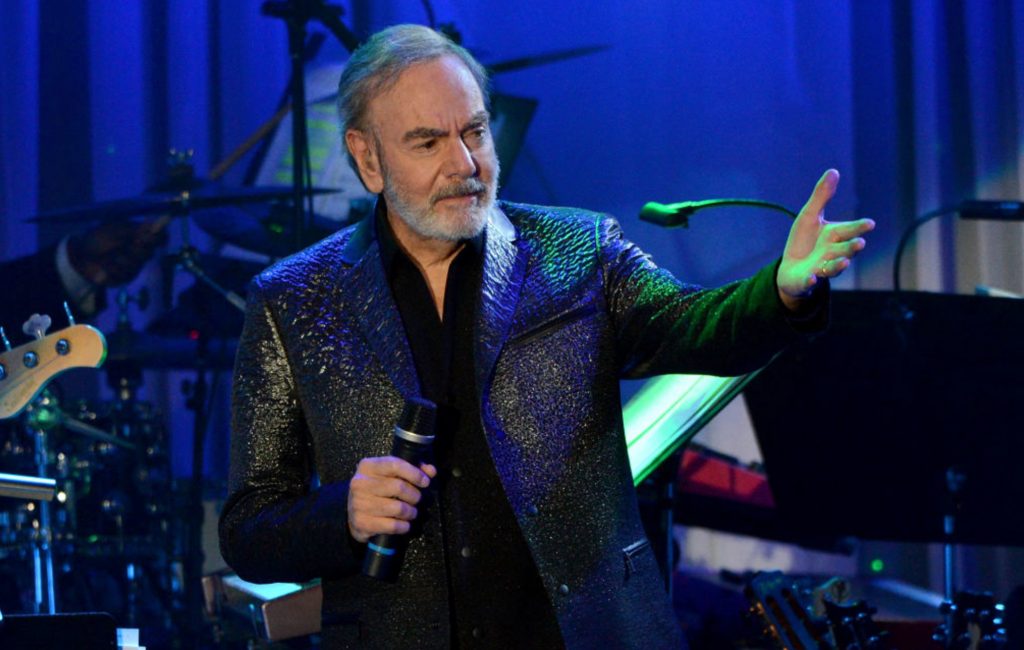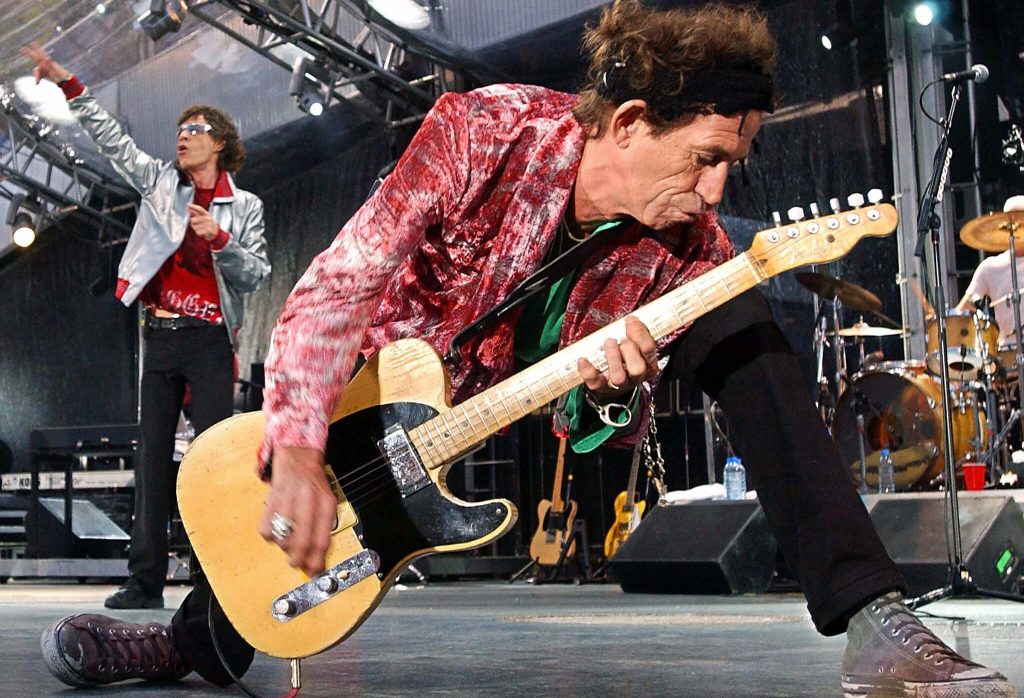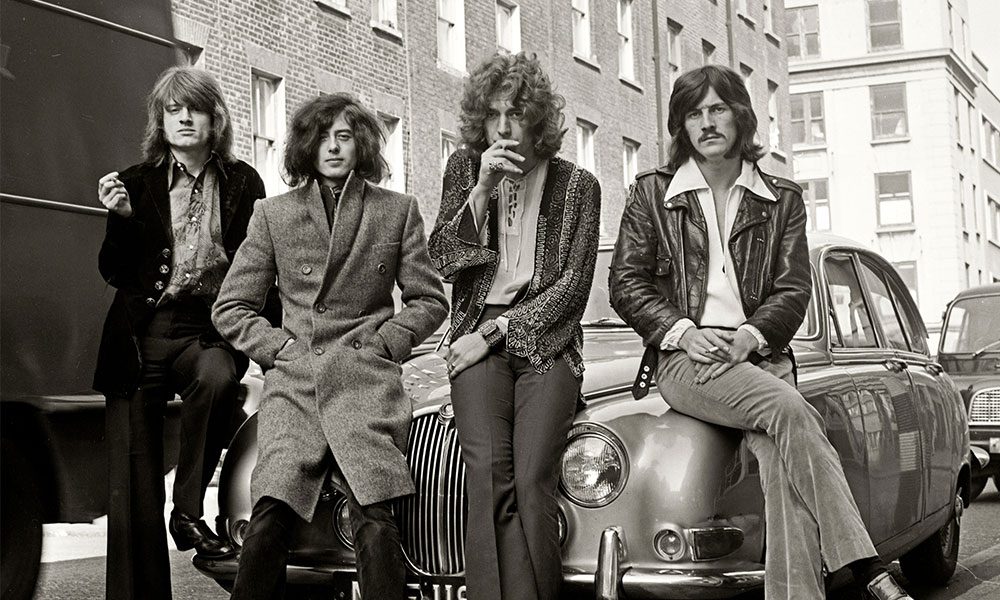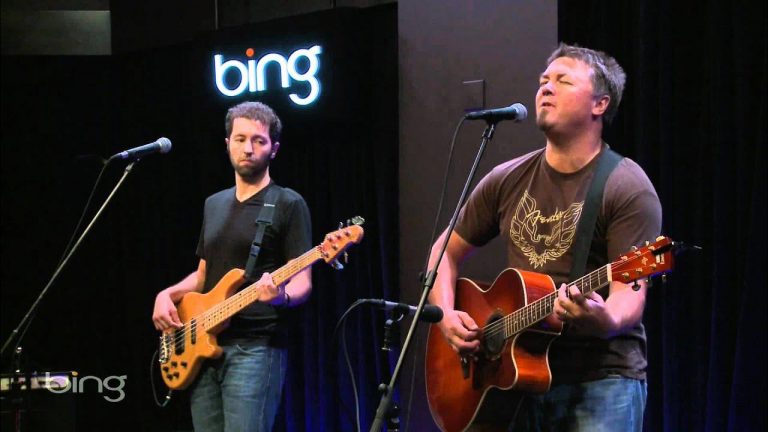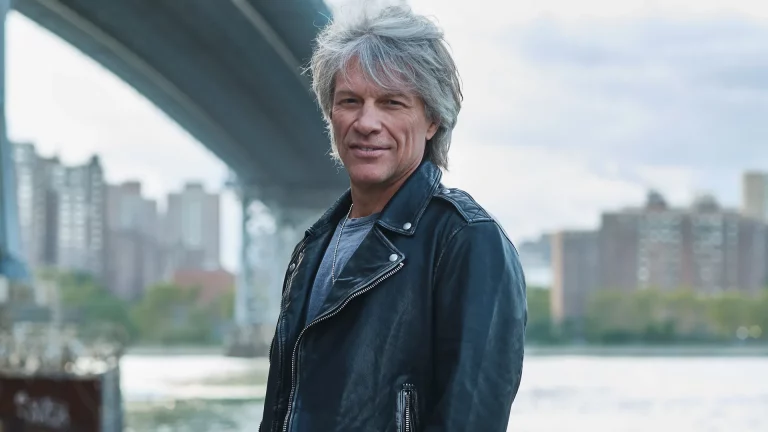There are moments in awards-show history that go far beyond trophies and fashion — moments that transcend performance and become emotional milestones. At the 2026 Grammy Awards, one such moment took place during the ceremony’s In Memoriam segment, as musicians from different generations came together to honor the legacy of the Prince of Darkness, Ozzy Osbourne.
Perhaps the most poignant moments of the evening came not from the stage, but from the audience. As the performance unfolded, the show’s cameras often cut to Sharon Osbourne, and Ozzy’s children — Kelly, Jack, and Aimee — watching with visible emotion. Tears flowed as the music filled the arena, a raw and beautiful tribute to a life that touched so many.
Kelly Osbourne, speaking ahead of the Grammys, shared how deeply the loss of her father had impacted her and her family — emphasizing the importance of honoring Ozzy’s memory and legacy.
“War Pigs” isn’t just any Black Sabbath song — it’s a protest anthem with heavy riffs, timeless lyrics, and a weight that seems especially fitting in a tribute setting. Originally released in 1970 on the album Paranoid, the song has resonated across generations with its anti-war message and sonic firepower.
Bringing this song to life on the Grammys stage — led by Post Malone and rock legends — was a bold reminder of how Ozzy’s influence rippled through genres and decades. It wasn’t just a cover; it was a celebration of connection, respect, and legacy.
The Grammy tribute wasn’t the only honor Ozzy received this year — other artists performed in celebration of his music, fellow icons were remembered, and the influence of Osbourne’s work was evident in each crafted moment. But there was something about watching friends, collaborators, and family members come together that struck a deep emotional chord.
Whether you’re a lifelong metalhead or a casual music fan, this performance reminded us all why Ozzy Osbourne remains one of the most impactful artists in rock history. And for the Osbourne family, the tears shed at the Grammys weren’t just about loss — they were about love, remembrance, and the enduring power of music.

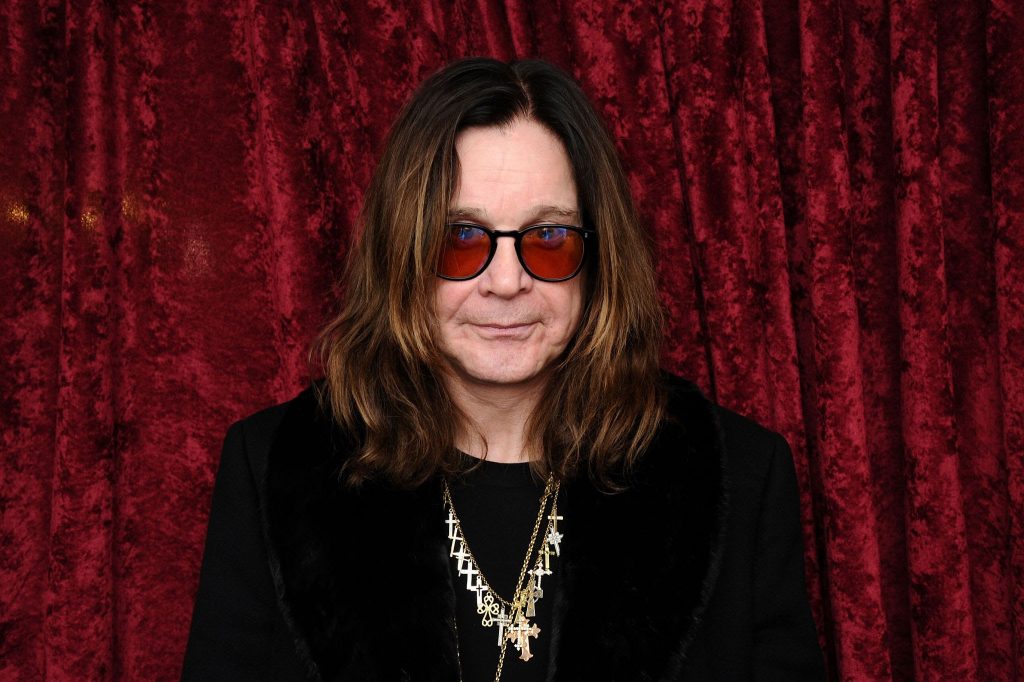

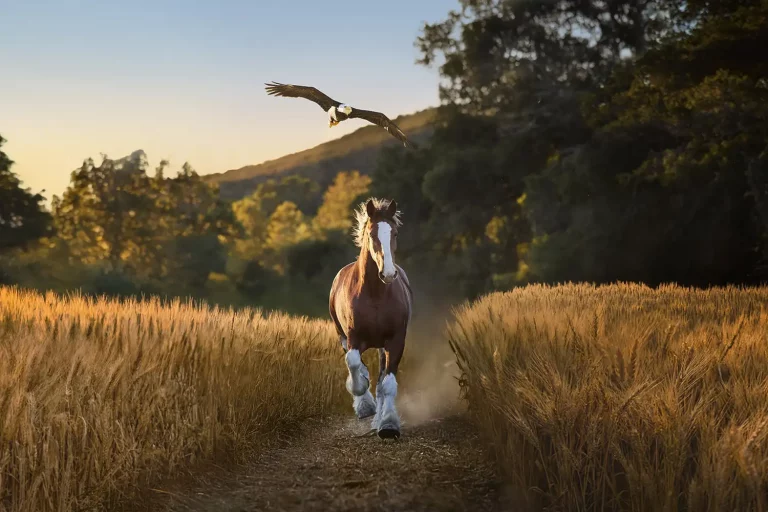
:max_bytes(150000):strip_icc():focal(731x445:733x447):format(webp)/budweiser-super-bowl-2026-012626-1-045127c690274e538eccf1e2a2885f51.jpg)
